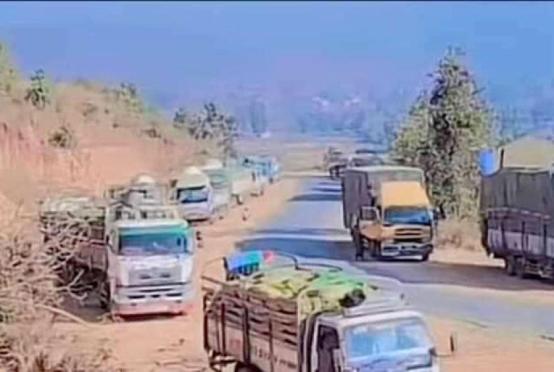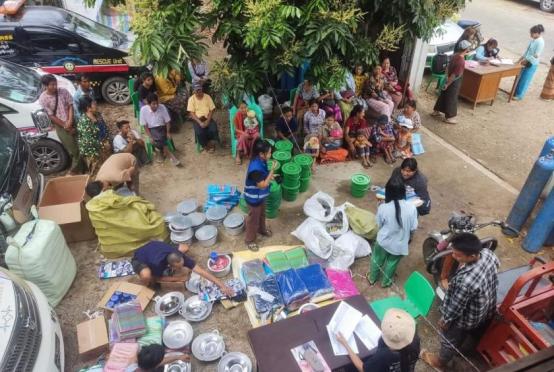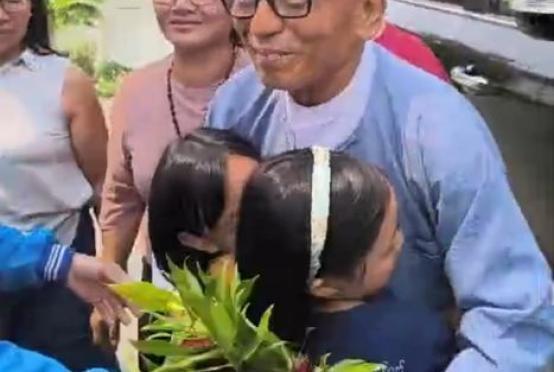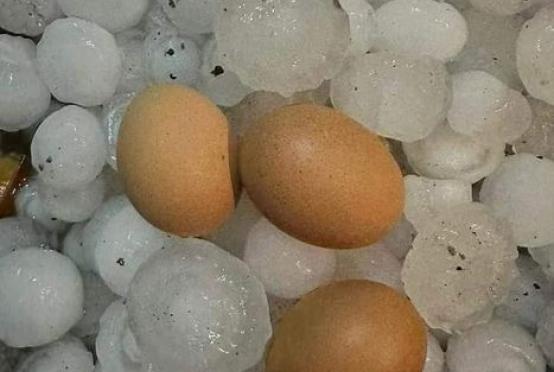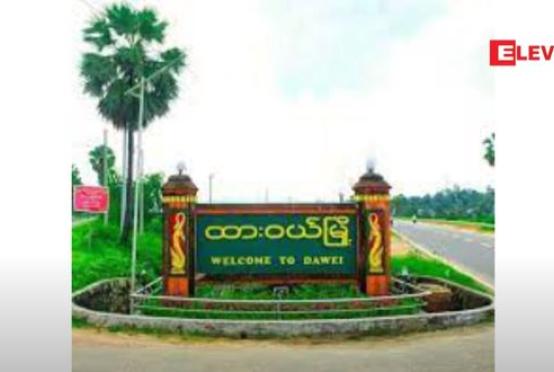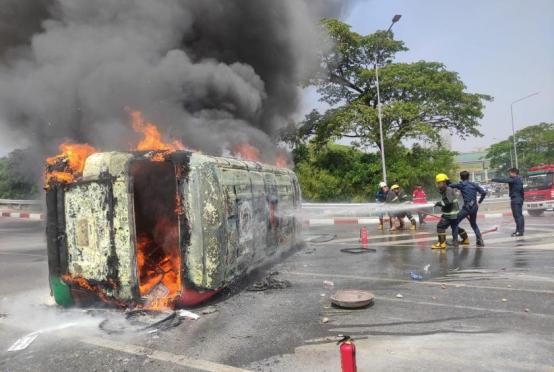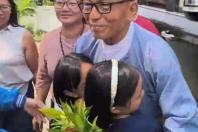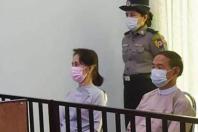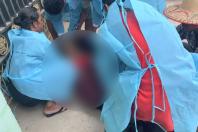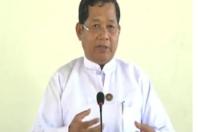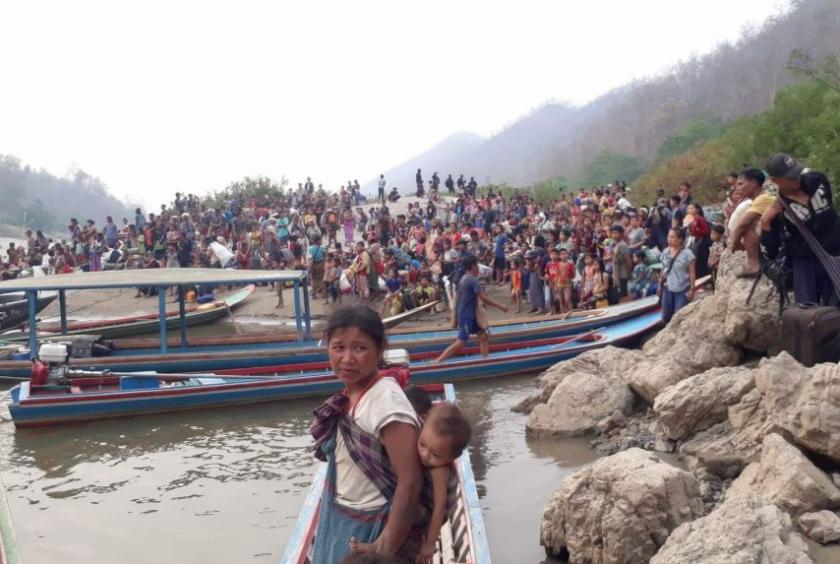
YANGON (BLOOMBERG, AFP) - As the death toll among Myanmar's protesters rose dramatically last weekend, military air strikes against one of the country's largest rebel groups stoked fears of another problem: Full-fledged civil war.
The Karen National Union, which controls an area in the south-east along the Thai border, confirmed on Monday (March 29) that about 10,000 residents fled to a safe zone last weekend after the Myanmar military conducted air strikes that killed three people.
The fighter jets came out in retaliation for an attack by ethnic Karen rebels on a base of the national army, or Tatmadaw, in which 10 soldiers were killed and another eight were arrested.
The attacks came on the same day at least 114 people were killed in clashes with the military and police in the deadliest weekend since the Feb 1 coup, sparking condemnation from governments around the world.
Despite the bloodshed, protesters turned out again on Monday, with mourners at funerals defiantly showing the three-fingered salute that has become emblematic of the movement.
The UN Security Council will meet on Wednesday to discuss the situation, diplomatic sources said, after Britain called for emergency talks.
With the death toll now exceeding 500 over the past two months, the prospect of a wider fight with potentially dozens of armed militias risks even more bloodshed.
The Assistance Association for Political Prisoners (AAPP) said it had confirmed a total of 510 civilian deaths but warned the true toll was probably significantly higher.
"There is a distinct possibility of mass demonstrations cascading into civil war or inter-state war," said Lee Morgenbesser, a lecturer at Australia's Griffith University whose researches Southeast Asian politics.
"Given the sometimes porous nature of Myanmar's borders, along with the fact that the armed ethnic groups are not subject to state authority, it is likely that the crisis spills across international borders."
UN Secretary-General Guterres urged the Myanmar authorities to undertake a “serious democratic transition”.
“It is absolutely unacceptable to see violence against people at such high levels, so many people killed,” Guterres told a news conference.
“We need more unity... (and) more commitment from the international community to put pressure in order to make sure that the situation is reversed,” he said.
US President Joe Biden’s administration announced Monday that the 2013 Trade and Investment Framework Agreement, which laid out ways to boost business but was not a fully fledged deal, would remain suspended until democracy is restored.
“The United States strongly condemns the Burmese security forces’ brutal violence against civilians,” US Trade Representative Katherine Tai said, using Myanmar’s former name of Burma.
The statement effectively removes Myanmar from the Generalised System of Preferences, in which the United State grants duty-free access to some imports from developing nations if they meet key standards.
On Sunday a dozen defence chiefs from North America, Europe and the Asia Pacific jointly condemned the use of lethal force against unarmed people.
Then on Monday, Prime Minister Prayuth Chan-Ocha of neighbouring Thailand said preparations had begun for an influx of migrants.
'Mass migration'
"We don't want there to be a mass migration into our areas but we must also keep human rights in mind," said Mr Prayuth, a former army chief who staged a coup in 2014.
"As there are violent conflicts in their country it is only normal that there would be migrations."
Chinese Foreign Ministry spokesman Zhao Lijian also repeated a call for all sides to de-escalate the situation, while declining to comment on the prospect of a civil war. China shares a 1,300-mile (2,100-km) border with Myanmar.
"Violence and bloodshed is in the interests of no one," Mr Zhao said.
France condemned the violence as “blind and deadly” and Russia said it was “very concerned” by growing civilian casualties, despite acknowledging it was building ties with the military authorities.
The US, Britain and the EU have all imposed sanctions in response to the coup and crackdown, but so far diplomatic pressure has not persuaded the generals to ease off.
Protesters and key allies of detained civilian leader Aung San Suu Kyi have called on Myanmar's numerous armed ethnic groups to band together to face down a common enemy in the Tatmadaw. On Sunday, the Kachin Independence Army, another armed group that has urged the military to end its crackdown on demonstrators, launched deadly attacks on at least four police battalions in Kachin State, according to Myanmar Now.
Since independence from Britain in 1948, Myanmar has struggled to build a national identity inclusive of the numerous minority groups in it, fuelling resentment against the military - dominated by the Bamar, or ethnic Burmese - and perpetuating some of the longest-running armed conflicts in the world.
Myanmar has hundreds and possibly thousands of armed militias in a country where the state recognises 135 distinct ethnic groups, according to a report last year by Brussels-based International Crisis Group. Of those, around 20 ethnic armed groups have both political and military wings.
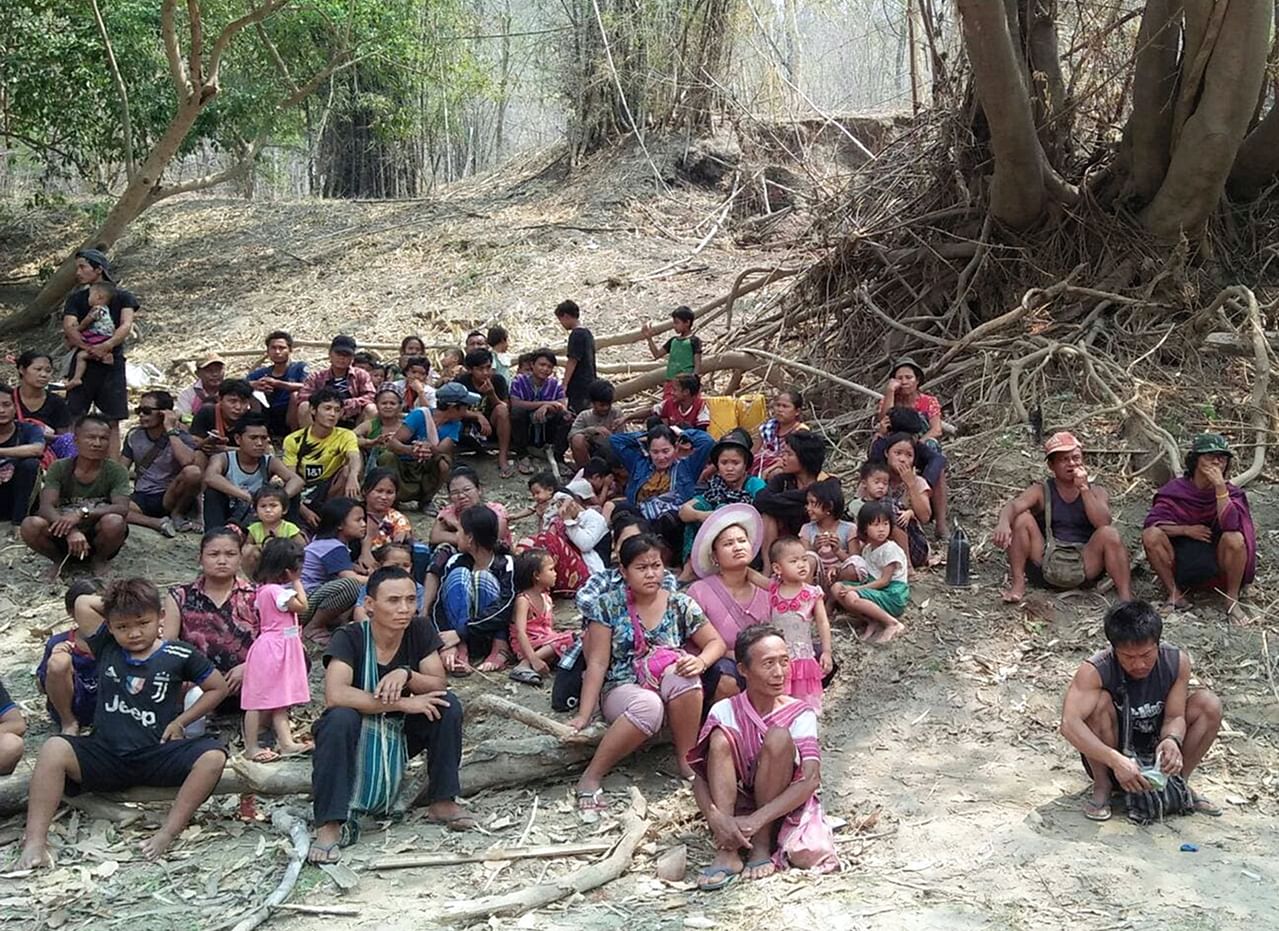
Ethnic Karen villagers take rest in a jungle after crossing a Thai-Myanmar border in Mae Hong Son province, Thailand on March 28, 2021. PHOTO: EPA-EFE
A parallel administration set up by members of Suu Kyi's allies, known as the Committee Representing Pyidaungsu Hluttaw, or CRPH, has agreed with the major ethnic groups on the need for a unity government that would compete for legitimacy with the military, according to Sasa, who goes by one name and describes himself as the envoy representing Myanmar's ousted parliament to the United Nations.
The CRPH is working with several ethnic groups on writing the text of a new constitution, Sasa said in an interview last week, without naming them. It would include progress towards a longstanding goal of a federal army that would allow the ethnic minorities to retain their own armed forces, he said.
A federal army has "become essential," Sasa said, adding that rank-and-file soldiers could join the new organisation instead of suppressing demonstrations under the name of the Tatmadaw.
"The government that we are going to form in April is going to be called the National Unity Government, so we'd like to as inclusive as possible," he said.
Unity government
Coup leader Min Aung Hlaing has sought to reach out to various ethnic armies to prevent them from joining together. Earlier this month he removed the Arakan Army from a list of terrorist groups following clashes in which it fought for greater autonomy in western Rakhine State.
In response to the KNU attack on Saturday, state broadcaster MRTV said the KNU assured the military a rogue brigade was responsible for the strike and gave the green light for the Tatmadaw to retaliate. Efforts to reach Phado Kwe Htoo Win, the vice chair of the KNU, were unsuccessful.
While the Karen National Union last week said it had received an invitation to meet with Min Aung Hlaing, it only plans to do so after the military meets a series of demands that included transferring power to a National Unity Government.
In a separate statement Tuesday, three other major ethnic armed groups including the Arakan Army said they would join protesters in what they call a “spring revolution” against the Tatmadaw if it doesn’t stop the killing immediately or meet calls to restore democracy.
“Our Brotherhood Alliance is now reviewing the non-ceasefire agreement following acts of the Tatmadaw after the coup,” the groups said in a statement. “We will continue to cooperate with other organizations for border stability, Covid-19 containment, people’s safety and international anti-terrorism acts.”

